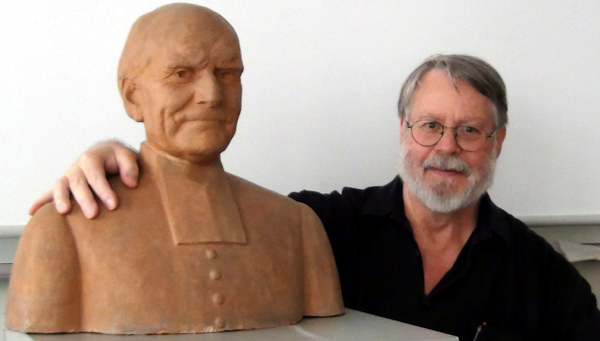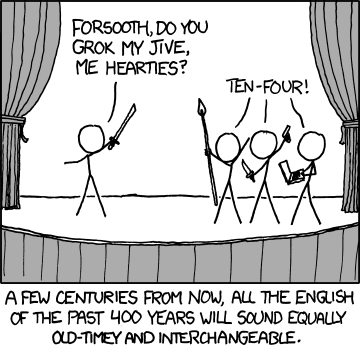This post is the promised short discussion of Michael Dunn, Simon J. Greenhill, Stephen C. Levinson & Russell D. Gray, "Evolved structure of language shows lineage-specific trends in word-order universals", Nature, published online 4/13/2011. [Update: free downloadable copies are available here.] As I noted earlier, I recommend the clear and accessible explanation that Simon Greenhill and Russell Gray have put on the Austronesian Database website in Auckland — in fact, if you haven't read that explanation, you should go do so now, because I'm not going to recapitulate what they did and their reasons for doing it, beyond quoting the conclusion:
These family-specific linkages suggest that language structure is not set by innate features of the cognitive language parser (as suggested by the generativists), or by some over-riding concern to "harmonize" word-order (as suggested by the statistical universalists). Instead language structure evolves by exploring alternative ways to construct coherent language systems. Languages are instead the product of cultural evolution, canalized by the systems that have evolved during diversification, so that future states lie in an evolutionary landscape with channels and basins of attraction that are specific to linguistic lineages.
And I should start by saying that I'm neither a syntactician nor a typologist. The charitable way to interpret this is that I don't start with any strong prejudices on the subject of syntactic typology. From this unbiased perspective, it seems to me that this paper adds a good idea that has been missing from most traditional work in syntactic typology, but at the same time, it misses two good ideas that have been extensively developed in the related area of historical syntax.
Read the rest of this entry »

